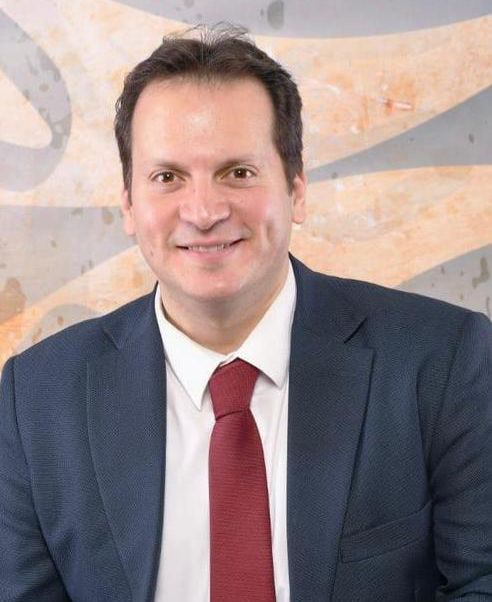Of all the countries I have visited around the world, Germany remains the most capable of unsettling the mind and awakening difficult questions. History there does not hide in books; it walks in the streets, carved into museum walls and the stones of old crossings. Everything suggests that reconciliation with the past is not a political decision, but a daily cultural practice.
No nation has confronted its past with the severity and boldness that Germany has, nor shown the courage to transform defeat into a tool for rebuilding and wounds into a moral foundation. From Nazism to the division of the country, and from total devastation to the shock of reunification, Germany did not flee from its history, it faced it as a test of existence. This is what makes the German experience valuable for Egypt: not to imitate it, but to learn from its ability to craft a true reconciliation with memory, one rooted not in forgetting but in understanding.
Today, Germany teaches its mistakes without embellishment, turns sites of pain into open museums, and places its darkest crimes at the center of public consciousness. It understands that nations which hide their wounds decay, while those that expose them heal. This raises a painful question: Why do our wounds remain open? And why, despite its long history, does Egypt still struggle to produce an honest narrative about itself? The defeat of 1967 was not merely a military loss but a national trauma that was never treated, because we never confronted its truth or distinguished between heroism and mythology.

Many chapters of our history require reconciliation. Writing about Gamal Abdel Nasser, for example, should not slip into myth-making or self-flagellation, but into understanding his project, its strengths, weaknesses, and consequences. Anwar Sadat’s era must also be read beyond personal likes or dislikes, as a period of major social and economic transformation. Even the long years of Hosni Mubarak need a calm reassessment: were they stability or stagnation? These questions are the natural path toward building shared national awareness, yet we rarely pose them honestly, leaving the past a battlefield rather than a source of learning.
Egypt must also reintegrate its Coptic history as one of the deep roots of Egyptian identity, not as the history of a “minority,” for it teaches future generations the meaning of plurality. Likewise, part of Egypt’s crisis lies in the distortion, or at times erasure, of its monarchical history, a period spanning nearly a century and a half before 1952. With its successes and failures, this era could be taught as a rich human experience, understood beyond the binary of glorification or demonization.
If pain is part of memory, Germany offers a model in managing division. After the fall of the Berlin Wall, the state did not conceal the wounds of separation; it studied them, documented them, and launched a national project of reintegration, one that took decades. Meanwhile, Egypt still carries invisible walls: between rural and urban areas, between Cairo and Upper Egypt, between the religious and the secular, between the center and the margins. A national project of social reconciliation is no less important than any economic initiative.
What distinguishes the German experience is not only that it confronted its past, but that it transformed it into a moral force. Instead of presenting itself as a victim, Germany presented itself as a nation that learned from its mistakes, earning a respected voice in Europe.
The central lesson of the German experience is that reconciliation with the past is not an intellectual luxury, but a prerequisite for building a strong and confident state. Nations that run from history remain imprisoned by it; those that confront it create a straighter, clearer future, one free from denial, fear, and distorted memory. Egypt today needs a genuine reconciliation with its past, one that neither destroys history nor sanctifies it, but places it where it belongs: behind us, so we may learn from it, and before us, so we do not repeat it.
Dr Ramy Galal is an Egyptian writer, and academic specializing in public management and cultural policies. He has authored studies on cultural diplomacy, the orange economy, and restructuring Egypt’s cultural institutions.
Galal holds a PHD degree from Alexandria University, a master’s degree from the University of London, and Diploma From the University of Chile.
A former senator, and former adviser and spokesperson for Egypt’s Ministry of Planning. He was also the spokesperson for the Egyptian Opposition Coalition.



